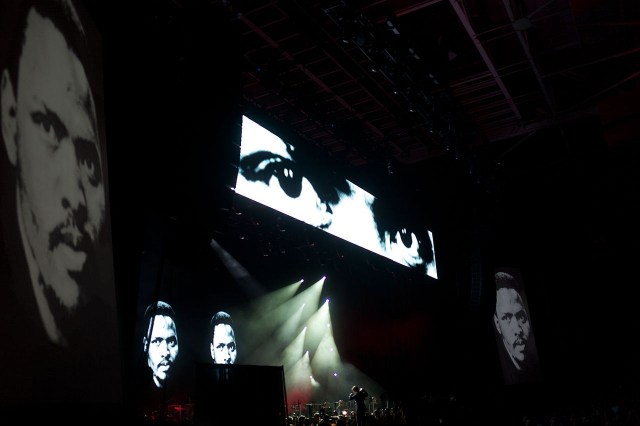Steve Biko and the Soweto Revolt (uprising)

Anti-apartheid and Black rights campaigner Steve Biko, the Soweto Revolt and the end of Apartheid
In 1968 a 22-year-old medical student walked out of the conference for the National Union for South African students. Steve Biko was enraged that Black students at the supposedly anti-apartheid organisation were sleeping in separate dormitories from whites at the conference. Biko formed self-empowerment groups, which were more Black-focused and led, and committed to Black consciousness which aimed to combat ideas of racial inferiority, an idea he expressed by popularising the now famous slogan “Black is beautiful”.
Black South Africans during Biko’s time were rapidly becoming more educated and therefore more aware of the inequalities around them and how to contest them. The rise in political consciousness of educated Black South Africans was a key factor in the Soweto uprising in 1976, when some 20,000 secondary school students marched through Soweto in an act of protest against the poorly funded secondary education that was constrained by apartheid policy.
The peaceful march was violently crushed and over 200 were left dead and many more injured. A year later Biko was murdered by the police whilst in their custody and the Pan-African movements ended up in exile. Steve Biko’s death shocked the world and had an important part to play in the increased campaign against apartheid, including from sources overseas.
In this podcast Dr Tim Gibbs of UCL, University of London, discusses Steve Biko, the Soweto uprising and the end of apartheid.
1. Steve Biko: Introduction.
2. Africanist ideologies.
3. Black consciousness and the Soweto uprising.
4. The end of Apartheid.
5. Steve Biko legacy.
6. Community development.
In order to access the full content of the podcasts please Login or Join the HA.

